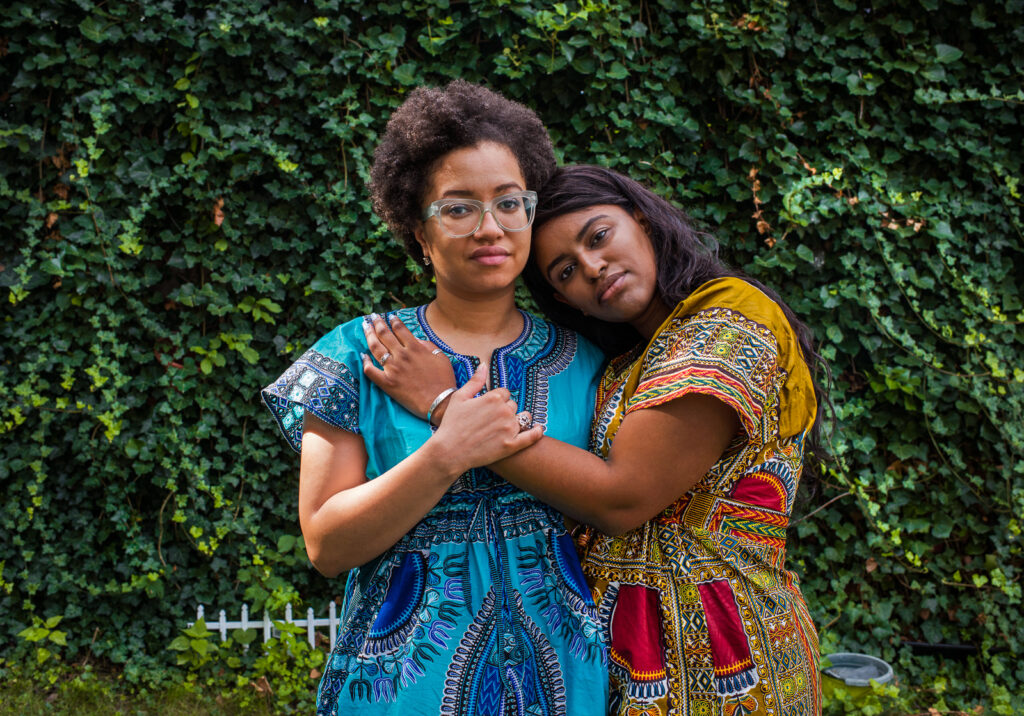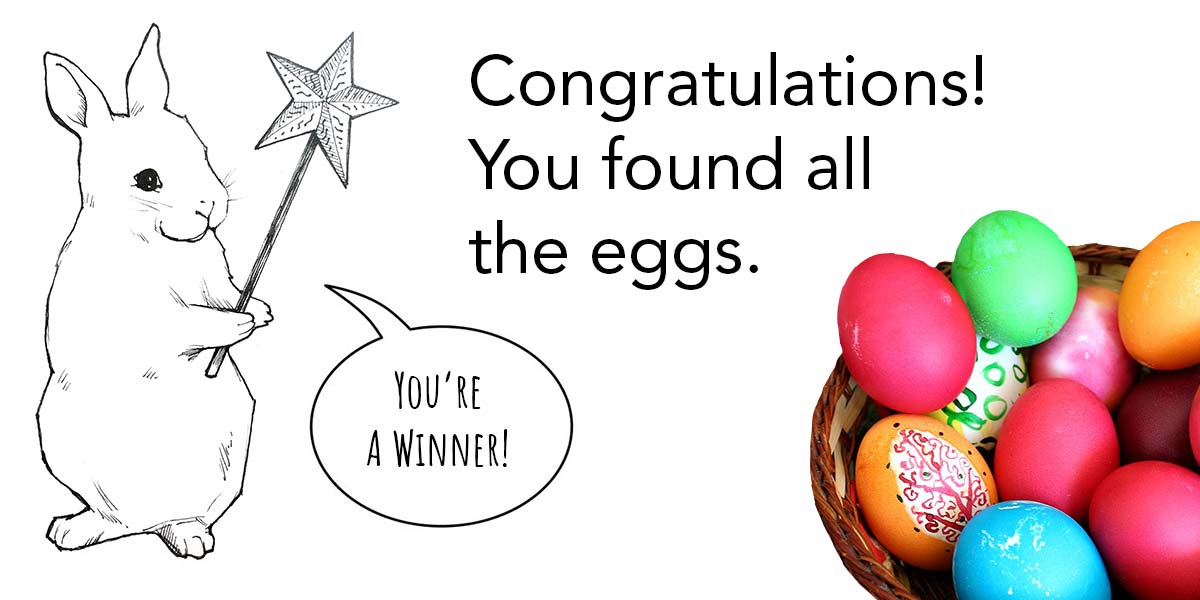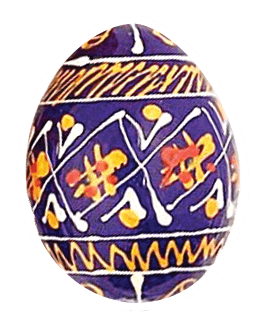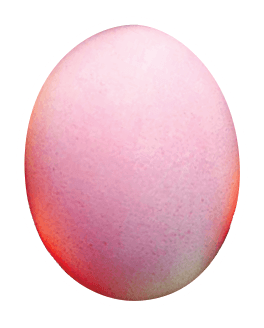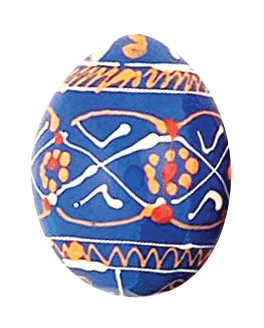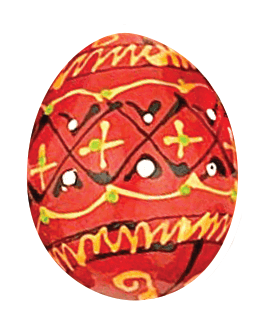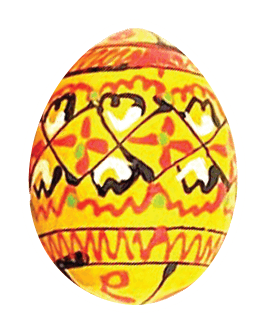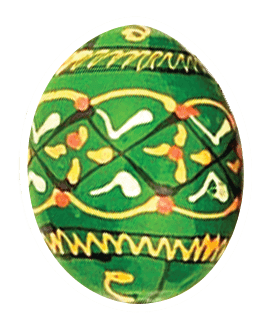It is the week in 2017 of the Charlottesville protests: white men and women with torches spewing spittle and rage, three people ending up dead. It feels as though the true nature of this country – its foundation on slavery, its unrelenting oppression – is going to split us wide open. James Baldwin wrote that white people “have brought humanity to the edge of oblivion: because they think they are white.” Whites’ belief in our essential separateness, the need to dominate and degrade, and then deny what we’ve done – it may just be the end of us all.
With this in my head, I am walking the streets of Providence, trying to make portraits. I live on the East Side, on a block where I am surrounded mostly by whiteness, like my own: the liberal, educated kind of whiteness that makes me feel good about my views. But now, just three blocks away, I am walking up historically Black Camp Street. I have always been unsettled by the division between these two spaces.
A young woman smiles and walks by me, but I call out “Hello” and approach her. “I know who you are,” she says, and explains that she has seen my photographic work here in Providence. She tells me her name is Stephanie, and agrees when I ask if I may photograph her. She says she’s going home from her shift, as a certified nurse’s assistant, at Miriam Hospital.
Stephanie is wearing translucent blue glasses and hospital scrubs, and we make a few photographs outside her house, where her father is waiting to have coffee with her. We decide to meet again the next day, when she’ll have more time to prepare. I ask if there’s anyone she’d like to have with her in the portrait; her sister, she says. She asks if they can wear their African dresses.
When I arrive the next day, Stephanie introduces me to her sister, Ashley. The women are wearing dresses of a similar pattern – Stephanie’s blue, to match her glasses (“I think I look really good in blues and greens”), while Ashley’s is ochre. We go into the back yard, where the morning light slips through the maples, and make a series of photographs. Then we go inside to talk.
Stephanie tells me that she was born in Senegal and spoke only French as a child, but Ashley was born in Providence. They say that their family is originally from Cape Verde, an island chain off the coast of West Africa that was uninhabited until the 1400s, when the Portuguese arrived with their African slaves. The two cultures mingled through the next generations, and then, in the 1800s, many Cape Verdeans migrated to Senegal, then a colony of France.
Stephanie and Ashley’s forebears were among those migrants, settling in Senegal for three generations. The two sisters tell of a rich heritage – including a Spanish great-grandfather and a French great-great-grandfather – tracing the bloodlines of the colonist, the slave, and the migrant right up to the present moment, in Rhode Island. It is because of this history that America’s obsession with Black and white just doesn’t make sense to them.
“Our family is so mixed that we come from a broader view of things,” says Ashley, who was a history major at the University of Rhode Island. She wrote her thesis on negritude: the assertion of an African identity, the rejection of imperialism, and the denouncement of the inhumane practices of European colonists. To her college graduation she wore the dress she’s wearing now, brought to her by Stephanie from Senegal.
Stephanie shows me pictures from that trip. There she is with her cousins, at a family gathering on the coast. She shows me a photo of herself at the prison on Goree Island, where African men, women, and children were forced onto the ships (many owned by Rhode Islanders) that delivered them into slavery.
“I’ve been trying to stay very conscious about what’s going on,” Stephanie says, about the schisms continuing to erupt in our country. “These people who are rallying together because of hatred – where does that come from? Did someone hurt you? Do you feel this way because you were taught this?”
Stephanie continues to wonder aloud about the heart of a racist: “When someone’s going through something really hard, when you can’t make sense of a situation, maybe it makes sense to hate – hating Muslims, hating Black people – whoever it is you want to dump your problems on and blame, instead of taking personal responsibility for them.”
Stephanie’s empathy for the protesters startles me. This young woman, her ancestors forced – through unspeakable violence – into a system that denied them power, wants to help heal the enraged descendants of the powerful. “I really, truly believe that there’s something that we can do to reach out to them,” Stephanie says. “To reach out to some part in them that will help change their mind about the way that they look at the world, and the way that they look at other people.”
